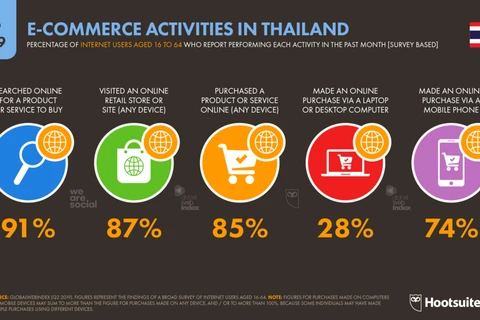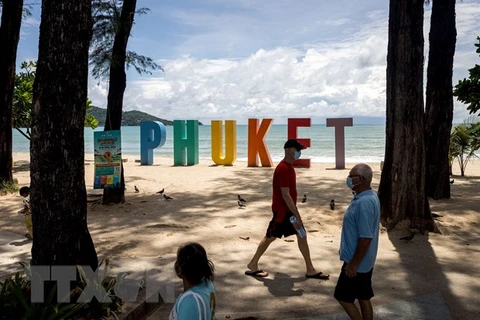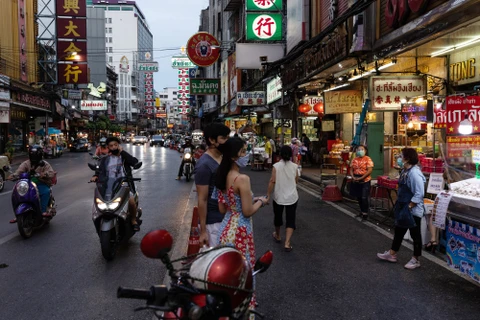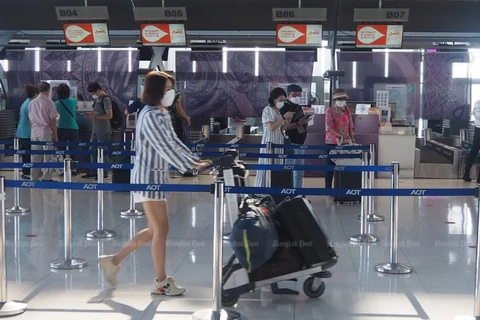Bangkok (VNA) – Thai Prime Minister Prayut Chan-o-cha on October 26 urged the Association of Southeast Asian Nations (ASEAN) to seriously cooperate on COVID-19 solutions, stimulate the regional economy and promote balanced growth.
In his speech delivered on the first day of the 38th ASEAN Summit via a video conference, he proposed ASEAN further prioritise three areas.
First, it is necessary for ASEAN to ensure the effective implementation of its initiatives on COVID-19 response and further strengthen preparedness in response to emerging diseases and bolster public health security in the long run, including through promoting cooperation on research and development on vaccines to attain vaccine security and self-reliance in the region.
Second, ASEAN should start reopening and allowing safe travel to revive economies, the PM said. The ASEAN Travel Corridor Arrangement Framework should be utilised, with mutual recognition of vaccines and vaccine certificates to facilitate business travel, and later tourism.
ASEAN must avoid unnecessary measures that may hinder the movement of goods to ensure supply chain connectivity during the pandemic and make greater use of the intra-ASEAN market to stimulate the regional economy, he said.
Prayut said he hopes that Regional Comprehensive Economic Partnership (RCEP) can enter into force as per the intended timeline and that ASEAN-Canada FTA negotiations can be announced soon. This was to promote an environment conducive to trade and investment and expand commercial opportunities for entrepreneurs to help them recover from the impact of COVID-19, he said, adding that Thailand plans to submit the instrument of ratification for RCEP to the Secretary-General of ASEAN in early November to contribute to its early entry into force.
Third, COVID-19 and natural disaster challenges – be they climate change, floods, forest fires or transboundary haze – reflect the weakness of current development approaches that focus primarily on economic interest, while disregarding the impact on the environment and natural resources, which have resulted in intensifying today’s crises, he said.
The Thai PM went on: “It is now time for a paradigm shift in our everyday lives and for achieving a “Balance of All Things” to help make ASEAN’s recovery and development more sustainable, in line with the Bio-Circular-Green or BCG Economy Model which for Thailand will enable the country to reinvent itself for the next normal era.”
According to the PM, an “ASEAN Green Agenda” should be pursued as an approach for the ASEAN region’s future in promoting sustainable and environmentally-friendly economic growth, by employing green technologies and innovation and prioritizing key issues that are consistent with global trends.
He also reaffirmed Thailand’s commitment to jointly advancing the ASEAN Community and forging greater regional integration so that ASEAN can continue to serve as a major driving force of the global economy and society./.

Thailand’s e-commerce value forecast to hit 120 billion USD
Thailand's e-commerce value is expected to grow 6.1 percent to 4 trillion THB (120 billion USD) this year, crucially driven by businesses that are sharpening their focus on the business-to-customer (B2C) model in the wake of the pandemic, according to the Electronic Transactions Development Agency (ETDA).

























